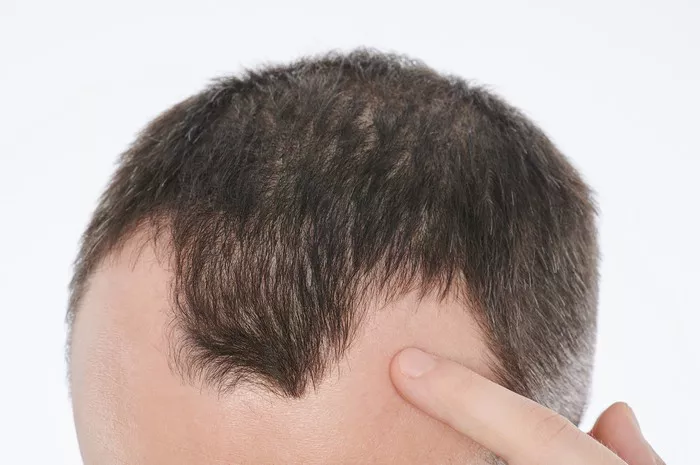Hair loss can be a distressing concern for many individuals, and when it seems to intensify during your period, it can add an extra layer of worry. Rest assured, you’re not alone in facing this issue. Fluctuations in hormones, particularly during menstruation, can contribute to temporary hair shedding. However, there are steps you can take to minimize hair loss during your period and promote overall hair health. In this article, we’ll explore effective strategies to help you combat hair loss and maintain a healthy mane even during menstruation.
Understanding the Hormonal Connection
Hormones wield significant influence over our bodies, and their fluctuation can trigger various changes, including hair loss. The intricate interplay between hormones like androgens and estrogen during your menstrual cycle can be a key contributor to hair shedding. Androgens, often associated with male hormones, can become elevated while estrogen levels decrease, potentially leading to hair thinning. This hormonal dance impacts hair follicles’ growth cycles, pushing more hairs into the shedding phase. By comprehending this hormonal connection, you’re better equipped to explore strategies that mitigate the effects of hair loss during your period.
Nourish Your Body
Maintaining a balanced and nutritious diet can play a pivotal role in minimizing hair loss during your period:
1. Iron-Rich Foods:
Incorporate iron-rich foods like leafy greens, lean meats, and legumes into your diet. Iron deficiency can contribute to hair loss.
2. Protein Intake:
Protein is essential for hair health. Include sources like eggs, fish, nuts, and dairy products to support hair growth.
3. Vitamins and Minerals:
Consume foods rich in vitamins A, C, and E, as well as biotin and zinc. These nutrients promote healthy hair follicles and scalp.
Gentle Hair Care
During your period, adopting a gentle hair care routine is crucial to minimize stress on your hair:
1. Avoid Tight Hairstyles:
Tight hairstyles like ponytails and braids can strain hair follicles. Opt for loose styles to prevent unnecessary tension.
2. Use Mild Products:
Choose sulfate-free and mild shampoos and conditioners that don’t strip your scalp of natural oils.
3. Limit Heat Styling:
Reduce the use of heat styling tools, as heat can weaken hair strands. If you must use them, apply a heat protectant.
Stress Management
Stress can exacerbate hair loss. During your period, managing stress is essential:
1. Practice Relaxation Techniques:
Engage in activities like meditation, yoga, or deep breathing exercises to alleviate stress.
2. Adequate Sleep:
Prioritize getting enough restful sleep, as lack of sleep can contribute to hormonal imbalances.
3. Regular Exercise:
Physical activity can help manage stress and improve blood circulation, benefiting hair health.
See Also: Embracing Confidence: How to Overcome Stress About Hair Loss
Consultation and Professional Guidance
While self-care strategies are valuable, persistent hair loss during your period might necessitate the expertise of professionals. Dermatologists, well-versed in hair health, can meticulously assess your scalp and hair condition, offering tailored recommendations or treatments. Trichologists, specializing in hair and scalp issues, can provide targeted insights, assisting you in identifying underlying causes and devising solutions. These experts bring a wealth of knowledge and experience to the table, ensuring you receive accurate guidance. When the challenge of hair loss becomes daunting, reaching out to these professionals empowers you to make informed decisions about your hair health.
Conclusion
While experiencing hair loss during your period can be concerning, it’s important to recognize that it’s a common phenomenon linked to hormonal changes. By understanding the hormonal dynamics, nourishing your body with a balanced diet, adopting a gentle hair care routine, managing stress, and seeking professional guidance if needed, you can take proactive steps to minimize hair loss and maintain healthy, vibrant hair. Remember that consistency in your efforts and patience are key factors in achieving long-term hair health and regrowth.


